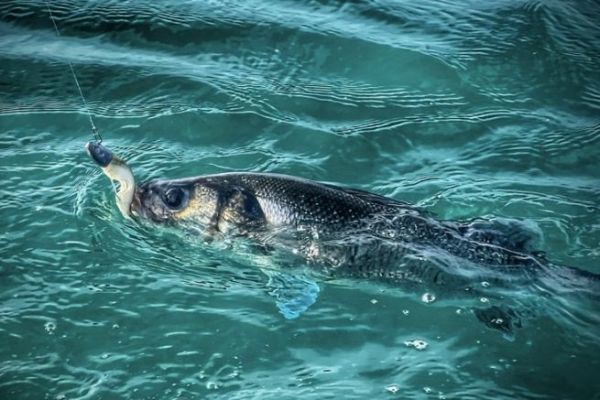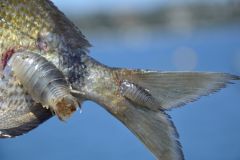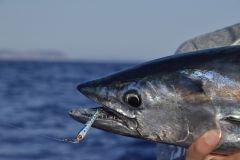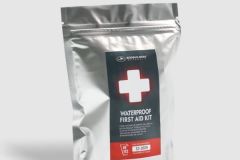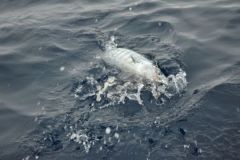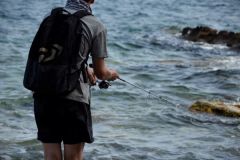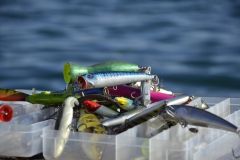Shore fishing, the art of simplicity!
Shore fishing is seductive in its simplicity and accessibility. You don't need a boat or a fishing license, just head to the shore to indulge your passion.
This method allows you to fish freely, at any time, and often at lower cost. In fact, this is the first argument that often comes up. A boat is expensive to buy, then to maintain and fuel. On board, none of that!
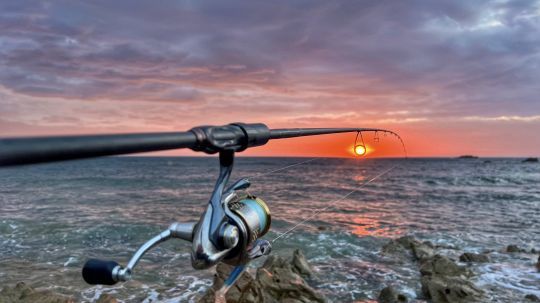
Outings can be very short. Personally, I sometimes go to the water's edge for one or two hours maximum. Conversely, when I take the boat out, I don't do it for such a short time, because of the heavier logistics.
A fishing zone that makes learning easier
Fishing from shore is an excellent way to learn. The constraints are different from boat fishing: no drifting due to currents, shallower areas, more space and greater ease of casting. It's more complicated to learn this on a boat!
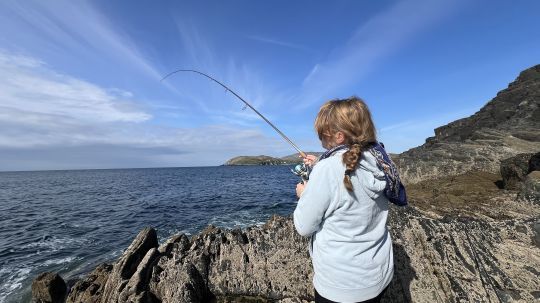
Shore anglers have developed a detailed knowledge of accessible fishing spots, tides and fish behaviour in these areas.
The constraint of moving around by boat, in the event of a wrong choice of area, means that they have to take a very close interest in their sector to make sure they don't make a mistake.
From the shore, you may have to walk for dozens of minutes to reach your target spot. Once there, even if the fish seem mute, you'll insist.
This will only develop your perseverance a little further, where in a boat you'd surely have throttled back to move a few miles.
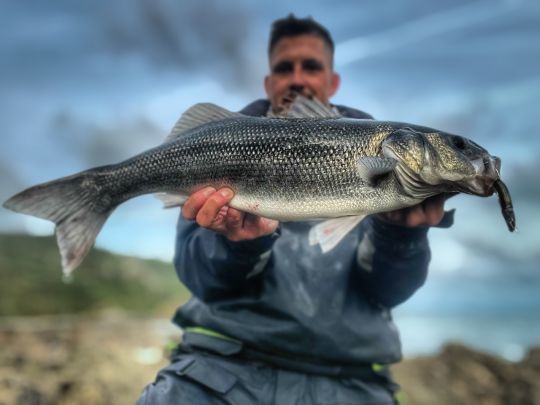
Boat fishing: freedom and diversity
Boat fishing offers incomparable freedom compared to shore fishing. It allows you to explore and cover many different areas in a single day.
Not all spots are the same at the same time of the tide, which is why boaters have a circuit that groups together several spots to which they move according to the time of the tide.
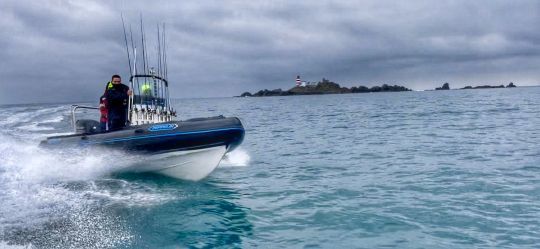
If one area is deserted, you can get to another in just a few minutes, whereas it would have taken much longer from the shore.
Discovering other species and techniques
By varying your fishing spots, you'll be able to catch several species in the same day and use different techniques to do so.
For example, pollock fishing and the search for large specimens. From the shore, you'll find it almost impossible to hook a pollock weighing several kilos, whereas the boat angler will be able to go to deep wrecks to flush them out.
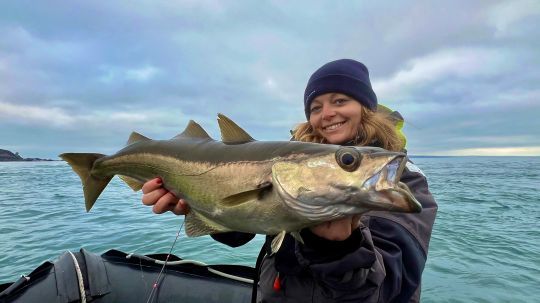
On board a boat, you can take several rods with you to vary your techniques:
spinning rods for spinning lures, casting rods for deep vertical fishing, etc.
Your equipment selection will be less constrained by size and weight, unlike shore anglers.
Electronic help!
Some will see it as a form of cheating. But it's not. Electronics may be a valuable aid, but they are no guarantee of catching fish.
Many a time, I've found myself in the annoying situation of seeing fish on the depth sounder but not being able to hook them.
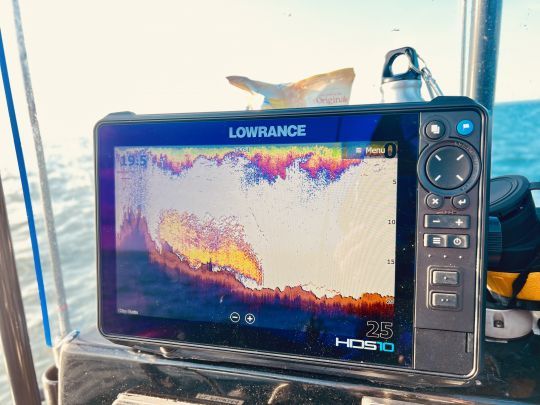
But I'm not going to deny it, this help, in most cases, makes finding fish easier. It can be used to locate predators, forage fish, detect temperature variations and find pockets of warm water, and so on.
So which method should you choose?
Fortunately, there's no single answer.
Each has its own advantages and disadvantages.
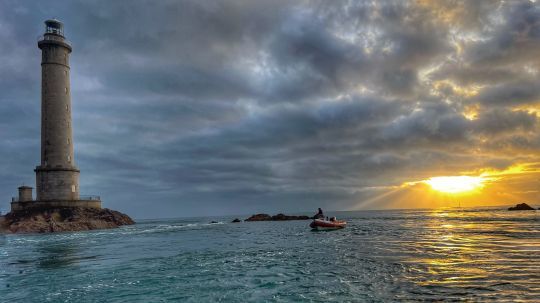
Shore fishing is an excellent way to learn and see if you like sea fishing. This can then lead to the purchase of a boat.
Boat fishermen, of which I'm one, also like to get out on the water for the same reasons.
So I'll conclude with an answer that won't answer the original question: the best practice is the one in which you thrive.
The idea of combining the two, either by your own ship or with friends, is one of the most effective ways forward.

 /
/ 